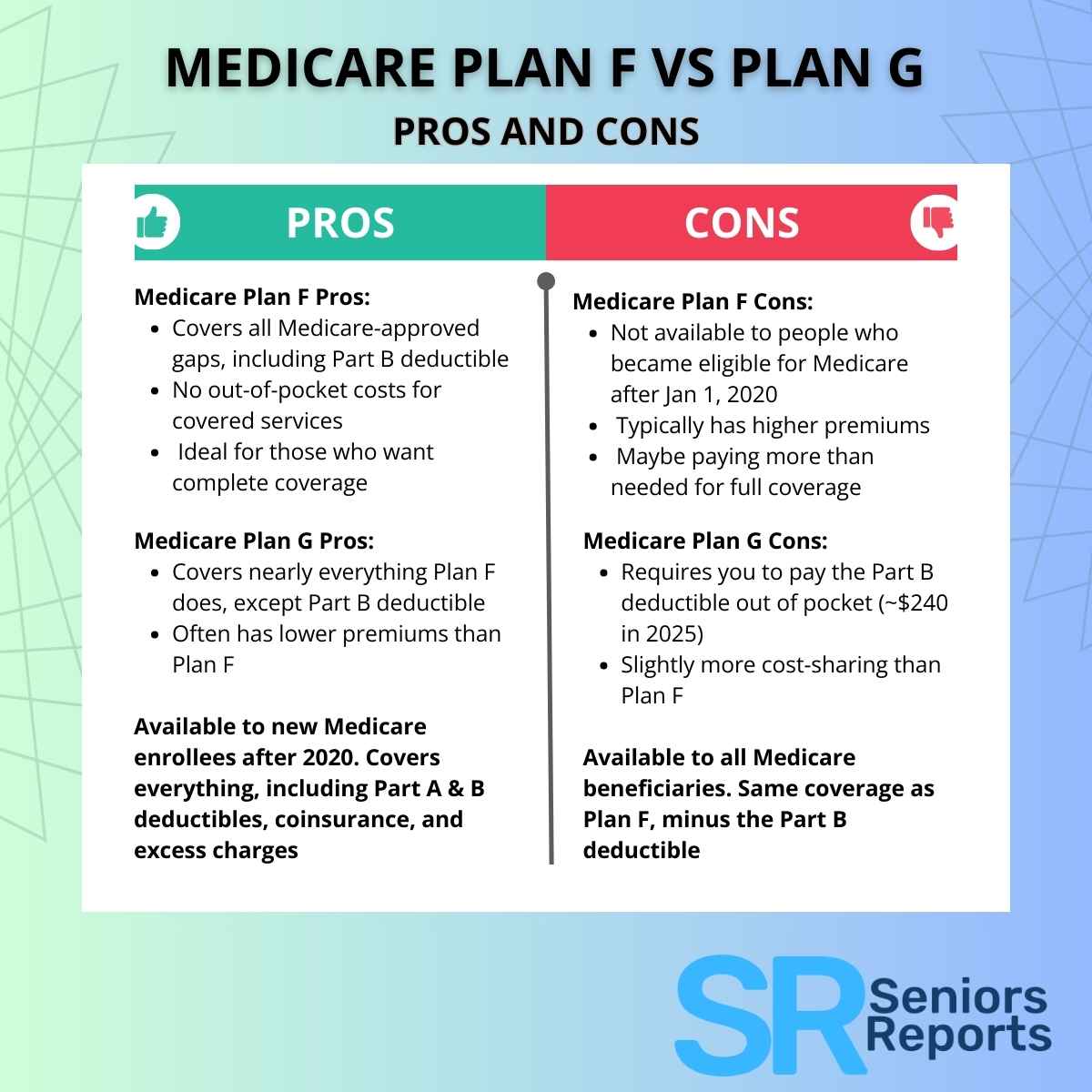By Guy Shap – Senior Living and Retirement Expert | Healthcare Professional | Mental Health Advocate
Key Retirement Survivors Disability Insurance News Updates You Should Know
Hi, I’m Guy Shap, your trusted Social Security expert and retirement survivors disability insurance news reporter. I’m here to break down the latest updates about retirement, survivors, and disability insurance (RSDI), also known as Old Age, Survivors, and Disability Insurance (OASDI). Comprehending the complexities of retirement survivors disability insurance news updates may feel disorienting. No worries, I’ll help guide you.
We’ll review each retirement survivors and disability insurance update and how it impacts you. Of course, retirement survivors disability insurance news updates are essential for retirees, benefit recipients, SSDI applicants, and anyone navigating Social Security’s complex system. Whether you’re managing retirement benefits or are curious about how survivors’ benefits work alongside disability, I’ve got you covered.
Latest Updates on Retirement Survivors Disability Insurance (RSDI)
Retirement, Survivors, and Disability Insurance (RSDI) can feel overwhelming, so I’ll break it down. Whether planning for retirement, advocating for disability benefits, or trying to understand survivors’ benefits, this retirement survivors disability insurance news guide will help you make informed decisions and maximize your Social Security benefits.
Jump To
Table of Contents
Today, I’ll break down the latest news about old age survivors disability insurance and explore how recent updates may impact your financial security and benefits. Whether you’re a retiree, survivor, or disability applicant, you’re in the right place to stay informed and take control of your future.

What Is Social Security Retirement, Survivors, and Disability Insurance (RSDI)?
If you’ve wondered, “What is retirement survivors and disability insurance?”, you’re not alone. RSDI is a program under Social Security designed to provide financial support for retirees, individuals with disabilities, survivors of deceased workers, and individuals with disabilities.
Key Benefits of RSDI
Understanding what retirement survivors disability insurance offers can significantly impact your planning. The program includes three key components. Here’s who it helps and how:
- Retirement Benefits for individuals who’ve reached retirement age and paid into Social Security during their working years.
- Disability Benefits for individuals unable to work due to a qualifying disability.
- Survivors’ Benefits for spouses, children, and other eligible dependents of deceased beneficiaries.
Social Security Retirement Survivors and Disability Insurance (OASDI) is the backbone of financial security for millions of Americans. Its goal is to ensure that those who’ve paid into the system can receive benefits when they need them most—either in retirement, following the loss of a loved one, or when overcoming a disability.
If you’re dealing with financial uncertainty or wondering if you qualify, stay tuned—I’ll cover frequently asked questions about the program.
Recent Retirement, Survivors, and Disability Insurance News
Staying updated on RSDI news is crucial to understanding changes that might affect your benefits. You can visit trusted resources like Senior Reports Daily for regular updates on Social Security policies, eligibility requirements, and benefit adjustments.
Benefits Overview
Here’s a quick look at who can benefit from RSDI and how:
| Benefit Type | Who’s Eligible | Key Features |
|---|---|---|
| Retirement Benefits | Workers age 62+ | Monthly payments based on lifetime earnings |
| Disability Benefits | Individuals with a severe disability | Support for those unable to work due to medical conditions |
| Survivors Benefits | Spouses, children, or parents | Assistance for dependents of deceased workers |
Cost-of-Living Adjustment (COLA): Your Benefits Are Getting a Boost
Starting January 2025, Social Security and Supplemental Security Income (SSI) beneficiaries will see a 2.5% Cost-of-Living Adjustment (COLA) in their monthly payments. This adjustment will impact over 72.5 million Americans.
Why does this matter? COLA is designed to keep your benefits aligned with inflation, preserving their real value over time. For retirees and benefit recipients, this boost ensures your purchasing power doesn’t erode due to rising costs in essential areas like food, healthcare, and housing.
Consider COLA your built-in safety net to maintain financial stability during retirement.
Want specifics on how this adjustment impacts social security disability survivor benefits for spouses or disabled veterans? Contact a pro to discuss tailored benefits adjustments.
New Identity Proofing Requirements Coming April 2025
Starting April 14, 2025, if you’re applying for benefits or updating your direct deposit details, you’ll need to verify your identity using the new online “digital identity proofing” tool.
Here’s what you need to know:
- If you’re tech-savvy, you can complete the process through your personal my Social Security account.
- Are you not comfortable using the online system? No problem. Those who cannot use it can complete verification in person at a Social Security Administration (SSA) field office.
- Importantly, this in-person requirement does not apply to SSDI, Medicare, or SSI applications if you cannot use the online system.
This change is part of an effort to enhance security and reduce fraud. While it may sound daunting, I recommend that all claimants secure their Social Security account sooner rather than later to streamline the process.
Can You Receive Survivor Benefits and Disability at the Same Time?
A common question I hear is this: “Can I get survivor benefits if I’m receiving disability benefits?” The answer is yes! However, how the benefits are calculated requires careful attention. Survivor benefits for those on SSDI are adjusted based on your benefit type, marital status, and overall earnings record.
For example, if you’re a 100% disabled veteran, survivor benefits could still supplement your income, ensuring your family remains financially secure after a spouse’s passing.
Navigating this can be tricky, so if you have questions like “What are Social Security retirement survivors and disability insurance?” Reach out to pro or SSA directly for more details.
Disabled Survivor Benefits and Medicaid Eligibility
Another critical topic I often address is, “Can leukemia survivors get Medicaid or disability benefits?”
When it comes to the overlap between disability and Medicaid eligibility:
- Survivors with a significant disability—whether from medical conditions like cancer or other chronic illnesses—may qualify for both programs.
- SSDI payments provide financial support, while Medicaid can help cover essential healthcare costs, including treatments and medications.
Understanding the nuances of these programs is crucial. Feel free to reach out for personalized insights tailored to your situation.
Why These Changes Matter for Financial Planners, Legal Professionals, and Benefit Recipients
Financial planners and legal professionals must stay informed about these updates to advise clients effectively. Changes in Social Security eligibility, COLA adjustments, and identity requirements can ripple effect on retirement plans, estate planning, and long-term care funding.
For beneficiaries, awareness of these updates ensures you maximize your benefits and avoid potential pitfalls. Learning more about programs like Old Age, Survivors, and Disability Insurance (OASDI) or how to interpret a Social Security Retirement Survivors and Disability Insurance letter could mean the difference between financial security and missed opportunities.
Retirement Survivors Disability Insurance News Updates FAQs
1. Can Leukemia Survivors Get Medicaid or Disability?
Yes, leukemia survivors may qualify for Social Security Disability Insurance (SSDI) or Supplemental Security Income (SSI) if their condition meets the Social Security Blue Book medical listing. Additionally, Medicaid is often available for SSI recipients. Learn more about eligibility on [SSA’s disability page](https://www.ssa.gov/disability/).
2. Can I Get Survivor Benefits if I’m on Disability?
Yes, if you qualify for both programs, you can receive Social Security disability benefits and survivors’ benefits. However, the amount you receive may depend on the total benefit amount and specific eligibility rules.
While it is possible to receive both, if you qualify for Social Security Disability Insurance (SSDI), you may also be eligible for disabled survivor benefits based on your spouse or family member’s earnings record. The combination of benefits ensures added financial stability in difficult times.
3. What About Survivor Benefits for 100% Disabled Veterans?
Surviving spouses or children of veterans rated 100% disabled may qualify for benefits under Social Security. These provide additional income to help support families who’ve sacrificed so much.
4. Can Leukemia Survivors Get Medicaid or Disability?
Yes, leukemia survivors may qualify for Medicaid or SSDI if their condition prevents substantial gainful activity. The specific eligibility depends on documentation, medical history, and other factors.
5. What Is an RSDI Letter?
If you’ve received a Social Security Retirement Survivors and Disability Insurance letter, it typically outlines your eligibility for benefits or updates about your account. Review social security retirement survivors and disability insurance letters carefully and contact the Social Security Administration (SSA) if you need clarification.
6. Can You Get Survivors Benefits AND Disability Benefits?
Absolutely—it’s called concurrent benefits. Some individuals qualify for Social Security disability and survivor benefits based on their earnings and those of a deceased spouse or parent. The SSA calculates these amounts to maximize financial support.
Key RSDI Programs You Should Know About
Old Age, Survivors, and Disability Insurance (OASDI)
OASDI is another name for RSDI. It encompasses retirement benefits, disability benefits, and survivors’ benefits. If you see “OASDI” on your Social Security letter, it collectively refers to these three programs.
Social Security Retirement Survivors Disability Insurance Letter
Receiving an SSA letter can provide updates on your eligibility, benefit determinations, or changes in your payments. Always review these letters carefully and contact the SSA if you have questions.
Insights on Survivor Benefits
Can You Get Survivor Benefits and Disability?
Yes, in some instances, you can receive both. However, the SSA will calculate your benefits to ensure you don’t exceed the maximum allowable amount.
Disabled Survivor Benefits
If you’re a survivor with a qualifying disability (such as blindness), you may be eligible for additional support. Check eligibility requirements with the SSA.
Social Security Disability Survivor Benefits for Spouse
Spouses of deceased beneficiaries may be eligible for survivor benefits as early as age 60 (or 50 if disabled). If you’re caring for a child under age 16, you may qualify regardless of your age.
Survivor Benefits for 100% Disabled Veterans
Veterans with a 100% disability rating may be eligible for additional survivor benefits for their spouses and children, such as Dependency and Indemnity Compensation (DIC). Check eligibility with the Department of Veterans Affairs (VA).
Tips for Maximizing Your Benefits
Here are some practical steps to make the most of your RSDI benefits:
- Keep Track of Your Work Credits – Ensure you’ve earned enough credits to qualify for retirement benefits. For most, this means working at least 10 years.
- Apply for Benefits Early if Needed – Survivors and individuals with disabilities are often eligible for benefits before reaching retirement age.
- Know Your Full Retirement Age (FRA) – Claiming benefits at your FRA ensures you receive the full amount. For those born after 1960, FRA is 67.
- Evaluate Spousal or Disability Benefits – If you qualify for multiple benefits, compare your options to determine which will provide the highest financial support.
- Check Your Benefit Statements Regularly – Use the My Social Security portal to track your benefits and update your information.
How to Apply for RSDI Benefits
To apply, follow these steps:
- Visit the Social Security Administration website.
- Gather necessary documents, including proof of age, work history, and medical records (if applying for disability benefits).
- Submit your application online, by phone, or in person at your local SSA office.
- Monitor your application status via the online portal to ensure timely updates.

Stay Ahead With Trusted Social Security Guidance
Changes in Social Security can feel overwhelming, but you don’t have to figure it out alone. Whether you’re navigating retirement, managing disabled survivor benefits, or decoding tricky benefit letters, I’m here to help.
If you want to ensure you’re making the most of your Social Security benefits—or have questions like, “What is retirement survivors and disability insurance?”—schedule a consultation with a retirement survivors and disability insurance professional. Together, you can ensure you’ve got all the information you need to secure your financial future.
Got more questions? Drop them in the comments. I’m passionate about helping you achieve financial clarity and maximize the benefits you’ve worked so hard to earn.
Takeaways
Understanding retirement, survivors, and disability insurance can make a significant difference in securing your financial future. Whether planning for retirement, ensuring loved ones are cared for, or seeking disability support, RSDI provides crucial benefits tailored to your needs.
For more detailed guides, RSDI news, and expert tips, visit Senior Reports Daily. If you have questions about eligibility or application processes, feel free to drop me a message below. Together, we can make sure you’re getting the support you deserve.
*Warm regards,
Guy Shap*
Social Security & Retirement Advocate
At Senior Reports Daily, we strive to create a trusted platform where you’ll find the answers you need. From social security disability survivor benefits for spouses to survivor benefits for 100% disabled veterans, we’ve covered you with expert insights to guide your next steps.
Resources





